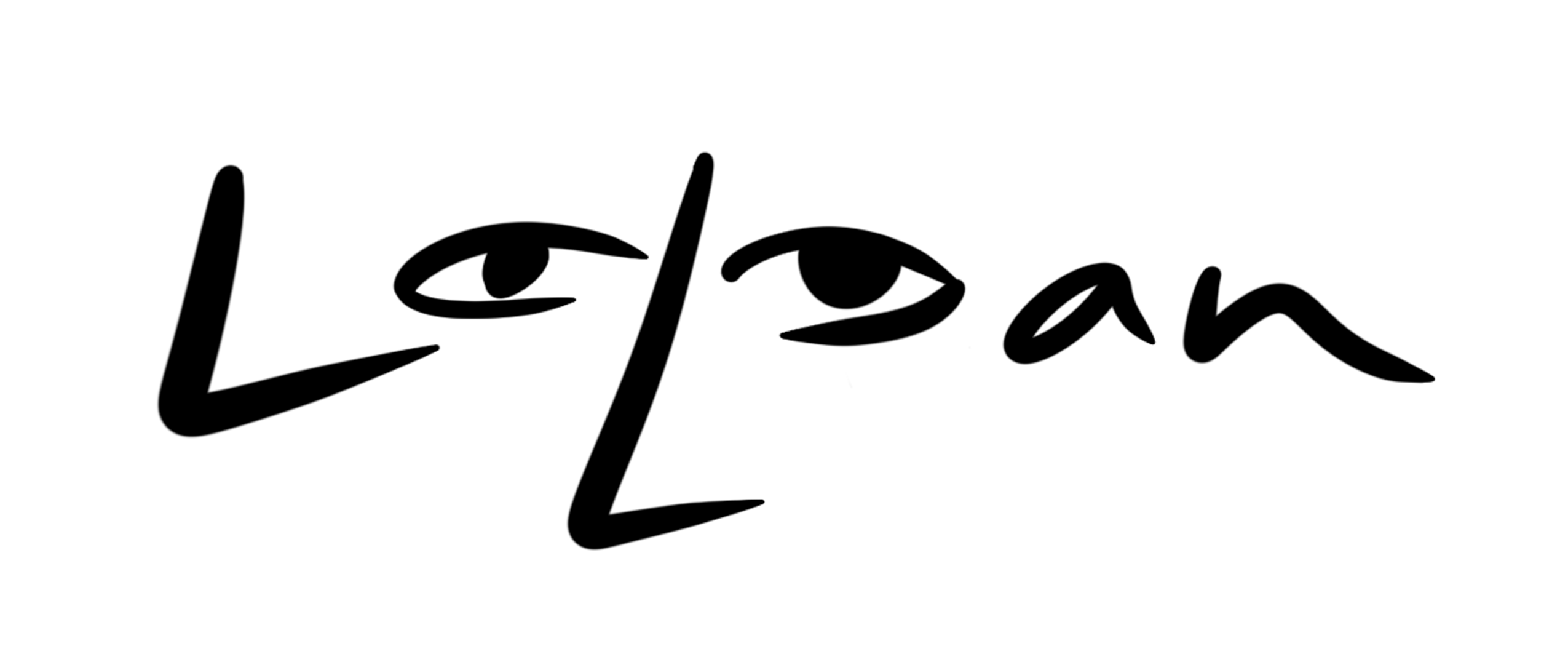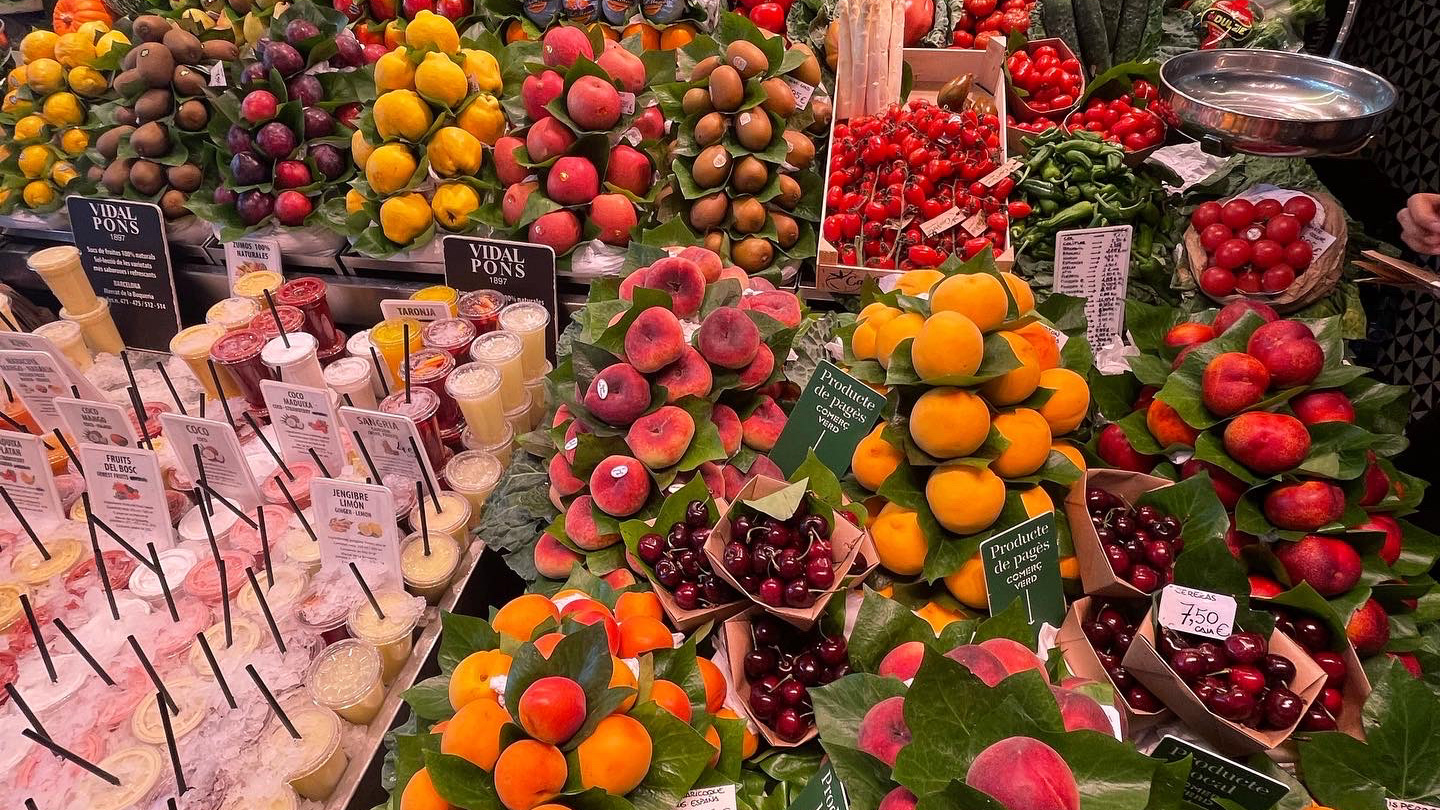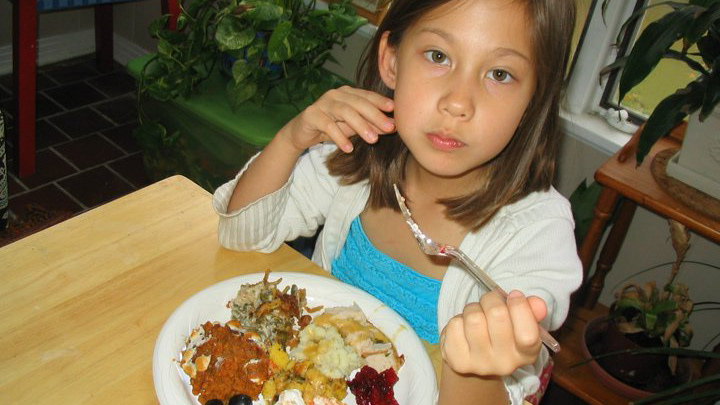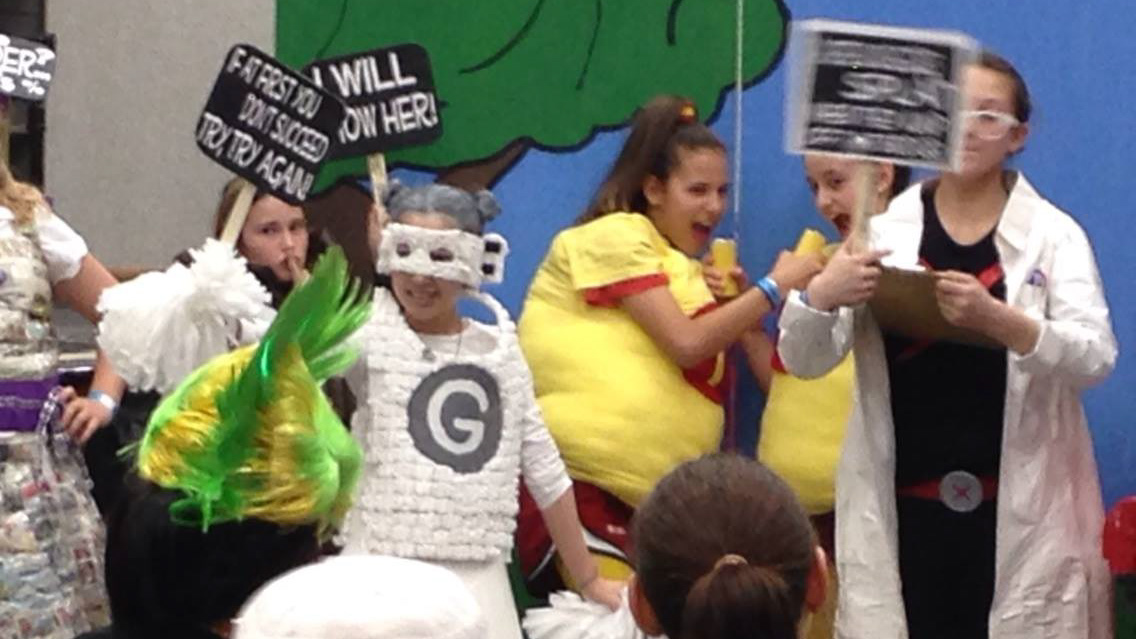Our world is built both incredibly and incorrectly. The water that we use to nourish the plants of our planet continues to be tainted, and as a result, these plants either flourish beautifully or starve and shrivel away, screaming for help but ignored, because in our world, who would choose the dead flower on a shelf of vibrant roses?
This juxtaposition is both embarrassing and enlightening. It is our responsibility as a generation to not only acknowledge the dead flowers but to water them.
How does advertising play into this? We have to question the statements that we were trained to believe are facts. The first one being, "The goal of businesses is to gain capital." Why can't we add a lens to that, expanding the aperture to also ask, "How can this business with a large audience positively shift the way the world works?" Our world would be in an immensely better place if the initial goal was not how many people we can convince to give us money, but how many people we can move and transform with a single message. A perfect example of this is Liquid Death, a company that realized the detrimental effects of plastic bottles on the environment and decided to change that for everyone, redefining water altogether.
How is this done? Thomas Brag and Ammar Kandil, members of a YouTube channel called Yes Theory, described the tactics their channel uses to attract views and entice viewers to keep watching for the informative parts of their videos as "hiding the vegetables." They said, "Goodness on its own will not sell, so how do we take these things and make them more consumable to an audience that would otherwise not care," which is true. In order to change the system, we have to lean into it enough to gain the attention of consumers and then shift their views. We need to view advertising as artistic vandalism, interrupting society in a way that doesn't have to be as loud as everything else. A recent campaign Uncommon Creative Studio for The Ordinary skincare exemplifies this approach. The message speaks with humanity, and the visual simplicity is refreshing. Effective advertising and creativity move people, break through the noise, and communicate truthfully and honestly in a purely human way.
If you are thinking about how big of a stretch these thoughts may seem, then that brings me to my next point: being naive is good. Orson Welles' once said, when speaking about how he directed Citizen Kane, "Ignorance, pure ignorance. I did it because I didn't know it was impossible." And that is the frame of thinking that sparks change. The more certain you are, and when you can clearly see the other side of the tunnel, the less you are looking to the side, and you need to look around for great things to slip through the cracks and redirect your vision. With that, I think validation can be limiting. The moment you are locked into thinking you know exactly who you are, you slow your learning process down. You should always look for friction and differing opinions.
I think as a generation, we have been taught through the fast-paced social media landscape to think in terms of "What can I get from this?" instead of "How can I contribute to this?" We see people doing wild things on TikTok for views and only views. We have been taught views and likes are the currency to live off of and lost a lot of ourselves in the process.
As advertisers, we are fighting for attention not just with other brands, but with people's friends, creators, and trends. When thinking about how to enter this landscape, we have to maintain the thought process of how we can collaborate and contribute to the world, which may seem contradictory to a system driven by consumerism. But advertising should not be linear; we should use brands as the vessel to intercept consumers and shift their thoughts.
Lastly, I do believe we are entering a question culture. With AI, prompting is more important than ever. There is a shift in how we will be approaching things, and instead of trying to find the right answer, we need to be able to ask the right questions. Questions last longer and spread farther than answers; they also allow friction to form. Debate and disagreements are necessary backing for good ideas and cannot be created by statements from a perspective that is all-knowing, but rather from a mind open to change.
With all that being said, I will loop back in a few years and see if I was destroyed by the system or managed to water a few plants.
Finally, listen to Greta Thunberg more, and listen to Donald Trump as little as possible. We could all die tomorrow.
- Lilian



